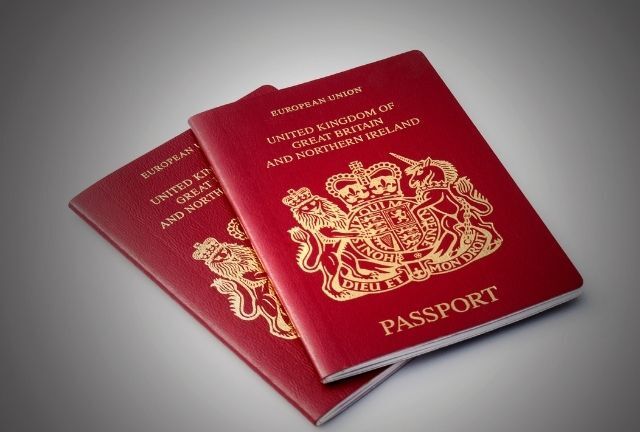Ten Things You Need to Know About the New Arbitration Law in the UAE
H.H. the President of the United Arab Emirates issued Federal Law No. 6 for the year 2018 regarding Arbitration on 03 May 2018 which goes into force one month after the second day of its publications in the official gazette. The new law repeals Articles 203 to 218 of the current Civil Procedures Code dealing with arbitration.
The new law is considered to be modern, arbitration friendly, and bolsters the UAE’s position as a regional arbitration seat; consequently it will encourage investments.
We enumerate below ten important points of the new law:
Formation of the arbitration agreement
: the new law allows for the formation of arbitration agreements through email exchanges. Thus, there is no need to have a formal contract for a valid arbitration clause. Capacity to enter into arbitration agreements:
the new law retains the requirement that the person who enters into an arbitration agreement should have the capacity to dispose of rights or be the authorized signatory of a corporate person. Arbitration by referral
: the new law states that an arbitration agreement is valid by referral provided that it is made clearly i.e. if a contract that does not contain an arbitration clause refers to another document or a template contract (such as FIDIC in construction contracts) which contains such clause, the arbitration clause will be valid, provided that the referral states clearly that arbitration shall be in accordance with the clause mentioned in the other document or template contract. Under the old law, this matter was not regulated and resulted in the annulment of arbitration agreements by courts. Challenging the court’s jurisdiction by invoking the arbitration clause
: the new law allows the defendant to challenge the court’s jurisdiction as long as this is done before the defendant makes any substantive arguments. Under the old law, the defendant was required to invoke the arbitration clause in the first hearing regardless of what happened in that hearing even when the defendant would appear to request time to appoint counsel. This has resulted in an onerous waiver of arbitration agreements. Restriction of grounds for suspension of arbitration proceedings
: the new law makes it difficult for a party to suspend arbitration proceedings through recourse to the court to challenge jurisdiction or claiming forgery of a document presented before the arbitral tribunal. Arbitral tribunal has the right to take temporary and conservatory measures
: unless agreed otherwise by the parties, the arbitral tribunal can make decisions to order one party to do or refrain from doing any act that harms the arbitral proceedings and preserve evidence or goods. The applying party may seek the court’s assistance to enforce such order. The court must answer such requests within 15 days of receiving it. Use of electronic means of communication for arbitral proceedings
: Unless agreed otherwise by the parties, the new law allows the arbitral tribunal to hear witnesses remotely and hold hearings and deliberations using electronic means for communication. This would allow the use of video-conferencing technology which will save considerable time and costs on the parties. Arabic as default language of arbitral proceedings
: Unless agreed otherwise by the parties, Arabic shall be the default language of arbitral proceedings. Confidentiality of arbitral proceedings
: the new law clearly states that arbitral hearings and awards are confidential. However, confidentiality will not apply to the court’s publication of judgments regarding arbitration awards. For example, a court judgment that annuls or endorses an arbitration award. Reducing the time and costs to enforce arbitral award
: the new law considerably reduces the time for enforcing arbitral awards as follows:
- The court has to issue its decision to enforce the award within 60 days of the enforcement application.
- The challenge/application to annul the award must be made within 30 days of notification of the award, and the challenge does not suspend enforcement of the award unless the court decides otherwise.
- The decision of the court to ratify or annul the award can be challenged before the court of cassation only; under the old law it could be challenged before the court of appeal and the court cassation..
In general, the new law makes arbitration awards less prone to annulment and vests in the arbitral tribunal wide authorities to administer and arbitrate the dispute.
Get in touch with our lawyers Samer Abou Said
or Imad Kassir
for more information on how you would be affected by the provisions of the new law.
“Contents of this article are for general informational purposes only. It is not intended as professional counsel and should not be used as such.”
















